Switzerland
The International Red Cross and Red Crescent Movement reported today a dramatic 70% surge in the number of people registered as missing globally, a grim milestone driven by escalating conflicts, mass migration, and a weakening adherence to the laws of war. The figure, which has risen to 284,000 from 169,500 in just five years, represents a fraction of the true scale of a crisis leaving hundreds of thousands of families in agonizing uncertainty.
According to the latest data from the organization's Family Links Network, the number of individuals reported missing by their families reached approximately 284,400 by the end of 2024.
This net increase of nearly 115,000 people since 2019 paints a stark picture of the human toll from recent global instability.
Despite the overwhelming rise, the network also reported successes, facilitating the reunification of over 7,000 families last year after finding more than 16,000 missing individuals.
This was achieved through a vast effort that included transmitting nearly 90,500 Red Cross messages and enabling approximately 2.3 million phone calls for separated families.
A failure to uphold the rules of war
The report squarely attributes the spike to intensifying conflicts and a "diminishing adherence to the rules of war."
International Humanitarian Law (IHL) contains specific provisions designed to prevent people from going missing.
These include mandates to avoid separating families during evacuations, promptly sharing information about detainees, and accounting for the dead.
"When conflict parties adhere to international humanitarian law, the likelihood of individuals going missing decreases," the report states, implying that the current rise signals a widespread failure to follow these fundamental rules.
The primary responsibility of states
The Red Cross emphasized that the primary duty to prevent disappearances lies with states and parties to armed conflict.
Their responsibilities include safeguarding civilians, protecting detainees, clarifying the fate of the missing, and providing long-term support to the families left behind.
The manner in which authorities handle these cases has profound consequences, directly influencing prospects for peacebuilding, reconciliation, and a community’s ability to heal long after violence has ceased.
The agony of not knowing
The Family Links Network, a collaboration between the International Committee of the Red Cross (ICRC) and National Societies worldwide, operates on the fundamental principle that everyone has the right to know what happened to their loved ones.
Their work involves painstakingly tracing individuals across borders separated by conflict, disaster, and migration.
The reported statistic of 284,000 missing persons only includes cases registered with their network, meaning the actual global total is likely to be significantly higher, with countless more families enduring the silent agony of uncertainty.




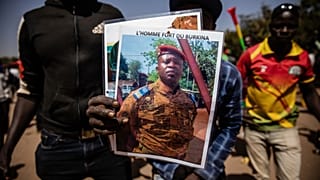
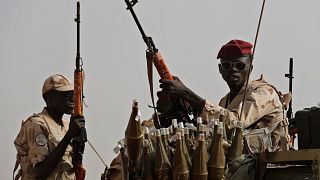
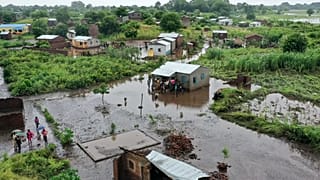

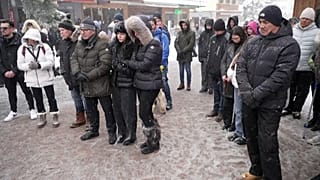

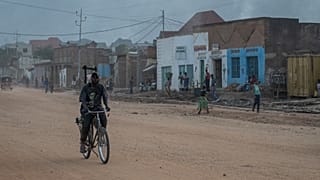

01:46
Four people trapped after Nairobi building collapses, rescue operations ongoing
01:05
Unknown number of people trapped after 16-story building under construction in Nairobi collapses
00:08
Search continues for remains of three last Israeli hostages
01:05
Remains of four more hostages handed over by Hamas arrive in Israel
Go to video
Red Cross closes Niger offices and foreign staff leave after junta's expulsion order
Go to video
Red Cross escorts hundreds of stranded Congolese soldiers from rebel-controlled city to capital